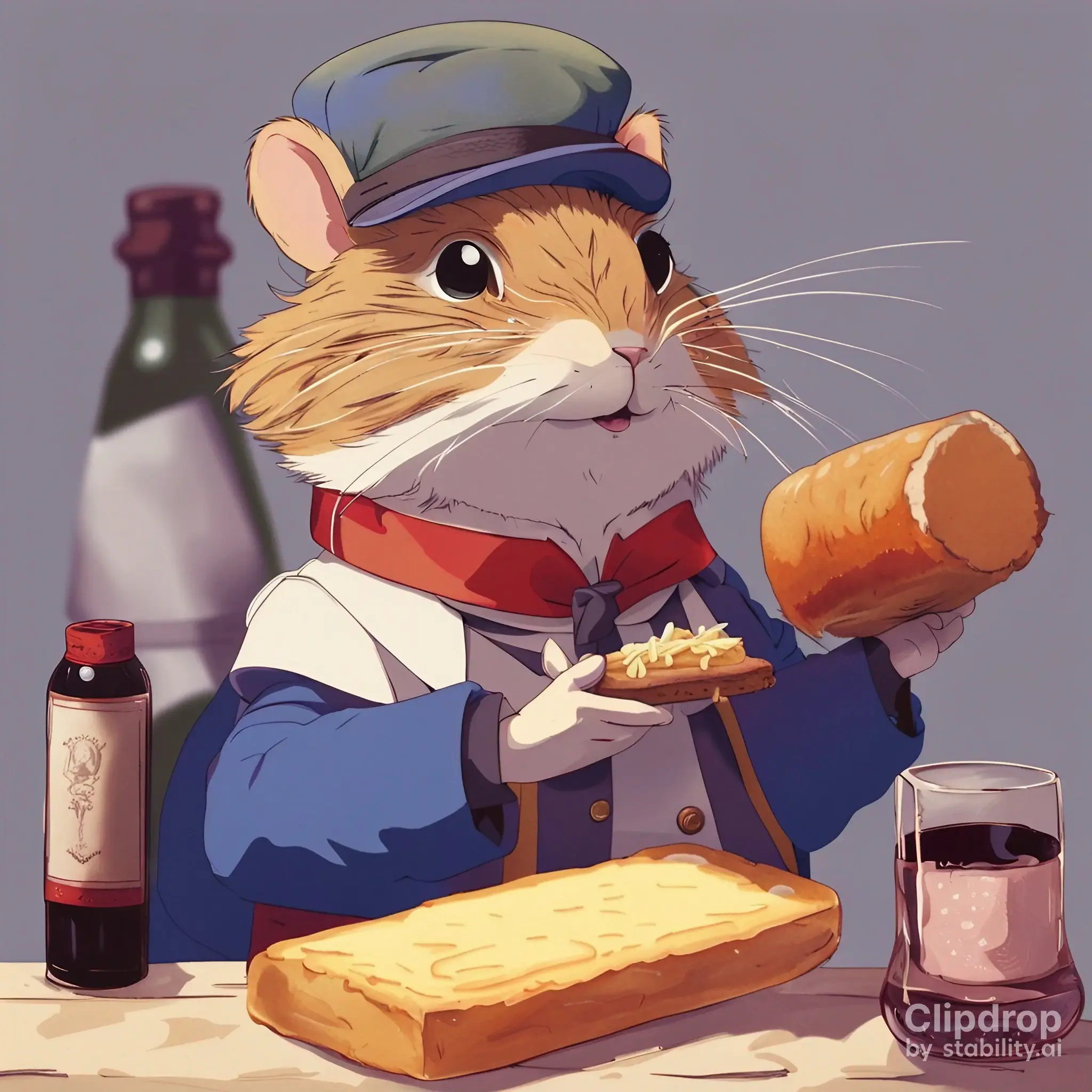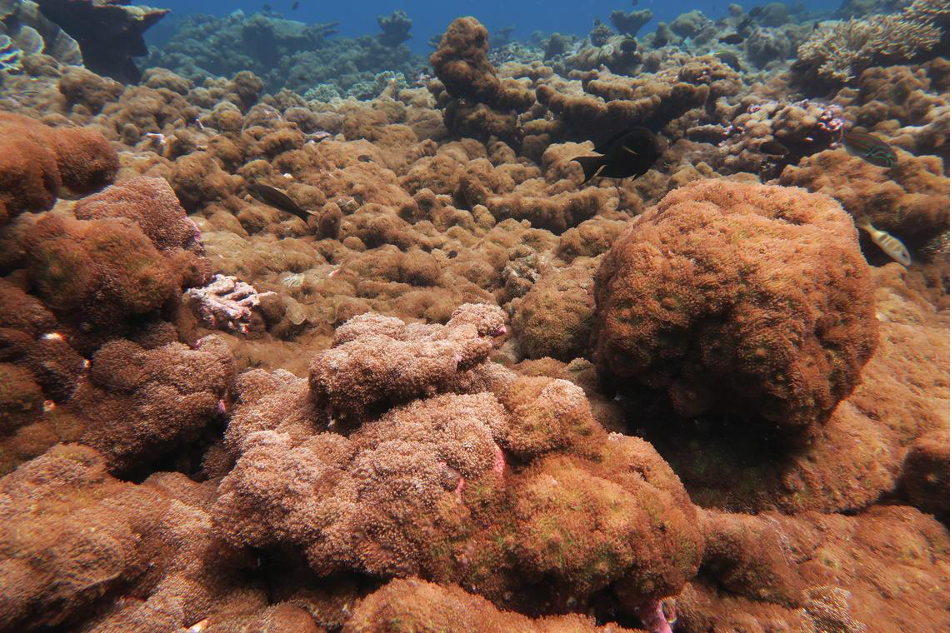Writing is a brain pocket.
Store the thought for later by writing it down.
Maybe keep it in your real pocket!
This isn’t “I want to believe”, this is “it would be irresponsible to not consider”.
One of many.
Writing is a brain pocket.
Store the thought for later by writing it down.
Maybe keep it in your real pocket!


Et ensuite, Qf4#.
No one thinks they’re a bad person, but bad people exist.
Person is singular and people is plural.
Humanity is many concurrent experiments.
Yes, a rather important collection of them have rotted.
The old world is refusing to gracefully build for the new one to grow into its place.
What do we want to build after this wildfire?
Vishnu’s defense against the rage of Shiva takes priority now. Vishnu must think and plan to defend what resources to preserve for Brahma to start growing something new.
I’d say that caring for our planet, our planetary neighbors, and our people are more important than any profits, petroleum, plastics, wars, or mass surveillance spyware systems with giant data centers chugging our freshwater to inefficiently do things we had solutions for in the 90s.
I had to fill out an outlook form on my phone for a job fair. Slowed down my phone so much I had to wait for the letters to appear after typing. Scrolling and moving between text fields was also a pain. Crashed once and I had to refresh the page and start over. Why isn’t this a simple html webpage? Submitting forms with text fields is basic html. Lightweight, low power use, works everywhere. The page needed nothing else.
Web2.0 (e.g. Twitter, Facebook, Amazon Web Services) was a scam takeover of a free technology system by oligarchs just as the general public started to use it writ large thanks to smartphones. Everything since has been them using their oligarchic control over our societal brain to take over society itself.


America’s role in WWII is too “woke” for the current administration.


Right.
The 16oz can says 130 calories.
So we’d expect the 23 oz can to have 190 calories.
But it says 150… so is it watered down?


So, the bigger can is watered down? Or is the point that the calorie labels aren’t trustworthy?
What’s this about a grocery order? Powerade??


No, it’s not a jar; it’s a door, open or closed.


And then it’s right back to What’s New Pussycat!
More alcohol at the end with the same amount of sugar at the beginning means less sugar remains after fermentation. Alcohol is a solvent that is better at carrying aromatic molecules than water is. Higher abv percentage means less sweet and more depth of flavour. Especially if the wine is barrell-aged, the higher alcohol content helps it absorb a wider spectrum of available solutes.
I don’t really like wine, regardless, but I’ve heard this argument from several people that really like wine or that make wine and it seems reasonable. The few times I’ve had to pick a wine, it’s worked well for me.
Not quite.
Entropy is mathematically equivalent to information content: how much information do I need to describe this system. It can play many roles depending on what that information content is. A fractal is one example of a set with both high structure and high information content. How the information is arranged matters.
If we have water in a glass bottle, then we can describe the distribution of both materials using the shape of the bottle (defining where the glass is) and saying that the water is inside and filled to a certain level. We can describe this configuration with a single sentence.
If the bottle falls and breaks, we now have to describe many things. We must consider where the many of pieces of glass went along with each of their unique shapes and sizes; we have to describe where the water splashed and its interactions with the various new forms of matter with which it is in contact: how well it wets each new surface, and how it may have gotten absorbed into any new materials.
You. You are an information system. A bundle of structured entropy. You feed your body structured foods (other organisms), and they get broken down via cooking, chewing, digesting and then redistributed. That’s all information increase and entropy increase. Then you turn that chemical energy and entropy into information processing in the brain, mechanical energy in the muscles, and always some waste heat. Each step of the way, you’re increasing entropy. You are a machine that is a ball of structured entropy whose operation increases entropy in a slow and controlled manner. Eventually, if you increase entropy too quickly or too much over time, the structure of your information can break to become digested and processed by the next phase of the circle of life.


Imagine a multi-species society that didn’t grow out of the xenophobic genocide that led to us being lonely Homos.

RIP Piraten Partie


deleted by creator


Although considering the current balance of power, something promising this might actually end up being:


I’d rather not work until I’m dead. Seems more fun and less time consuming.

Very cool read! I learned a lot. Let me quote a few interesting passages.
Fish do congregate around wrecks and make them their new homes, but (emphasis mine):
Paxton, Taylor and their colleagues are working to further understand how fish use artificial reefs, and if new human-made reefs prompt fish populations to grow or just pull them from elsewhere. “Are these fish being taken away from nearby natural habitats, or over time are new fish actually being produced?”
Not to mention pollution potential, even from basic building materials like iron that persist after intentional scrubbing and decontamination:
Almost anything can become a reef under the right environmental conditions. But many objects can be sources of underwater pollution in their original states. Toxic paints, asbestos, iron and rusting metal particles can seep out of the structure and into the surrounding waters. Because of this, official reef-creation projects include extensive cleaning and decontamination before the structure or object is sunk into place. That’s not possible, of course, in the case of shipwrecks, which often sink and are abandoned in times of duress or bad weather and only are rediscovered as artificial reefs years later.
For example, scientists have noted instances of iron leaching from sunken ships and having adverse knock-on effects on surrounding reef life. In 2008 at Palmyra Atoll, a reef formation and U.S. National Wildlife Refuge south of Hawaii, researchers observed an invasion of a type of sea anemone called a corallimorph around a shipwreck. The vessel, which ran aground in 1991, was moored to the ocean floor by iron chains. Algae need iron to grow, but the element isn’t plentifully available in many parts of the central and south Pacific Ocean, so its sudden abundance prompted an explosion of algae and an unbalanced invasion of the corallimorphs. The overgrowth, dubbed a “black reef” by scientists due to the anemones’ dark coloration, stretched for over half a mile around the shipwreck and smothered the existing coral in the area.

Invasive corallimorphs, a type of sea anemone, crowd out coral around a shipwreck site at the Palmyra Atoll National Wildlife Refuge in the central Pacific Ocean. (Thierry Work, USGS)
The shipwreck was removed in a multimillion-dollar restoration project spearheaded by the U.S. Fish and Wildlife Service in 2013. In the years since, scientists have had some success with attempts to rid the reef of lingering corallimorphs with pulverized bleach, a treatment that could be used at other similar sites. The Palmyra Atoll is renowned for its biodiversity (it’s home to three times as many coral species as the Hawaiian Islands), and scientists hope the restoration and removal efforts will help retain the area’s abundant marine life.
So, it sounds like these wrecks can become habitats, but they aren’t as biodiverse as natural coral reefs and can have other negative consequences. If we’ve destroyed the natural habitat, then these can be band-aid replacements so the fish at least have somewhere to go. If the natural habitat still exists in an area, then that natural habitat is much healthier without contamination.

It seems ridiculously irresponsible to just sink our old ships when we’re done with them.
Organizing them into a book, or a calendar, or a filesystem on a computer.